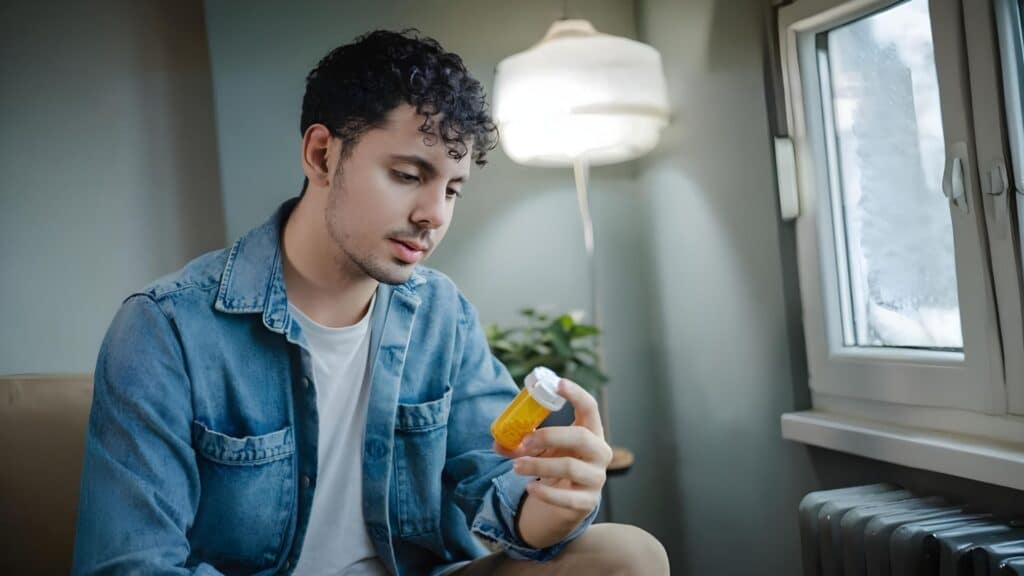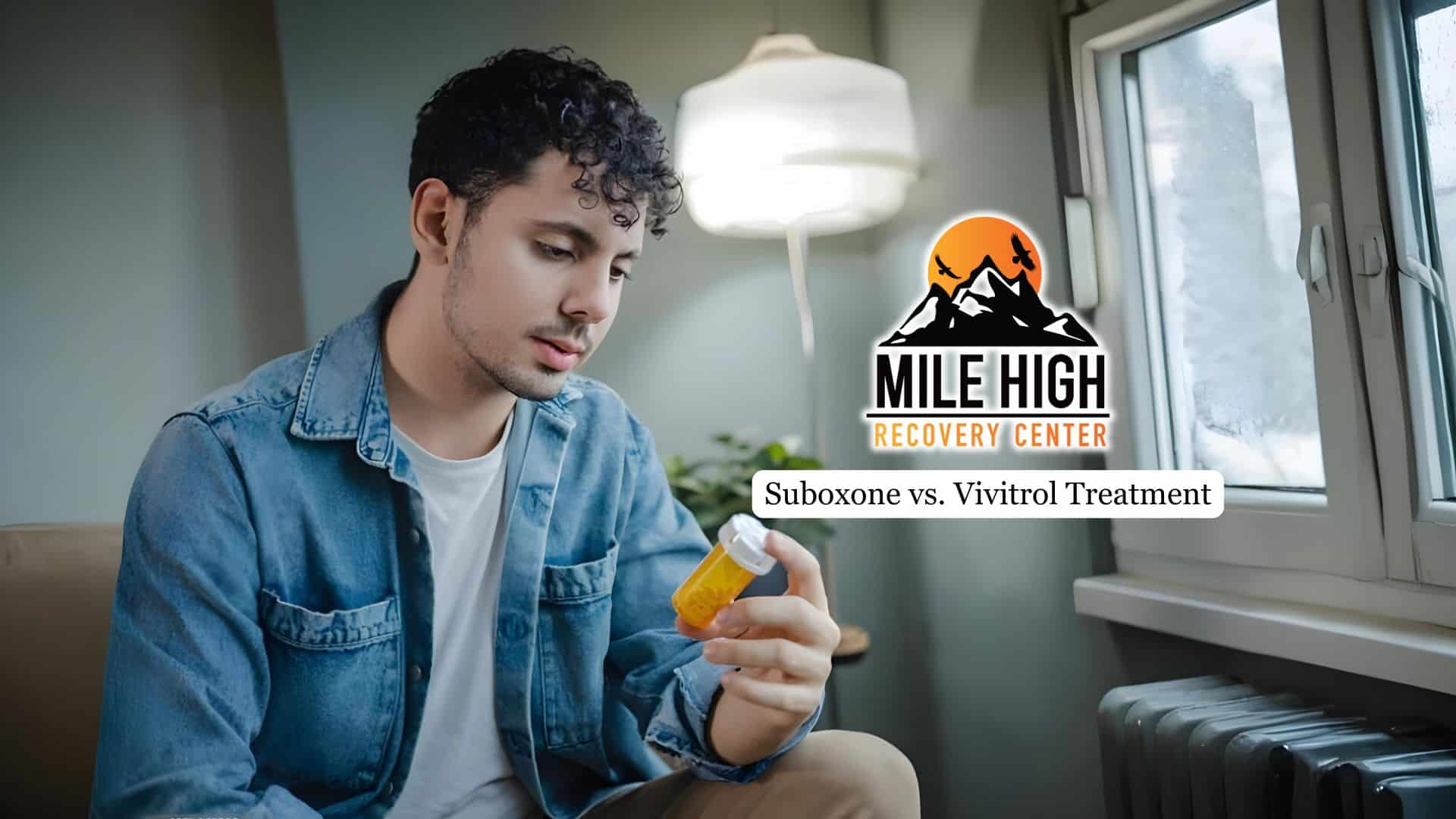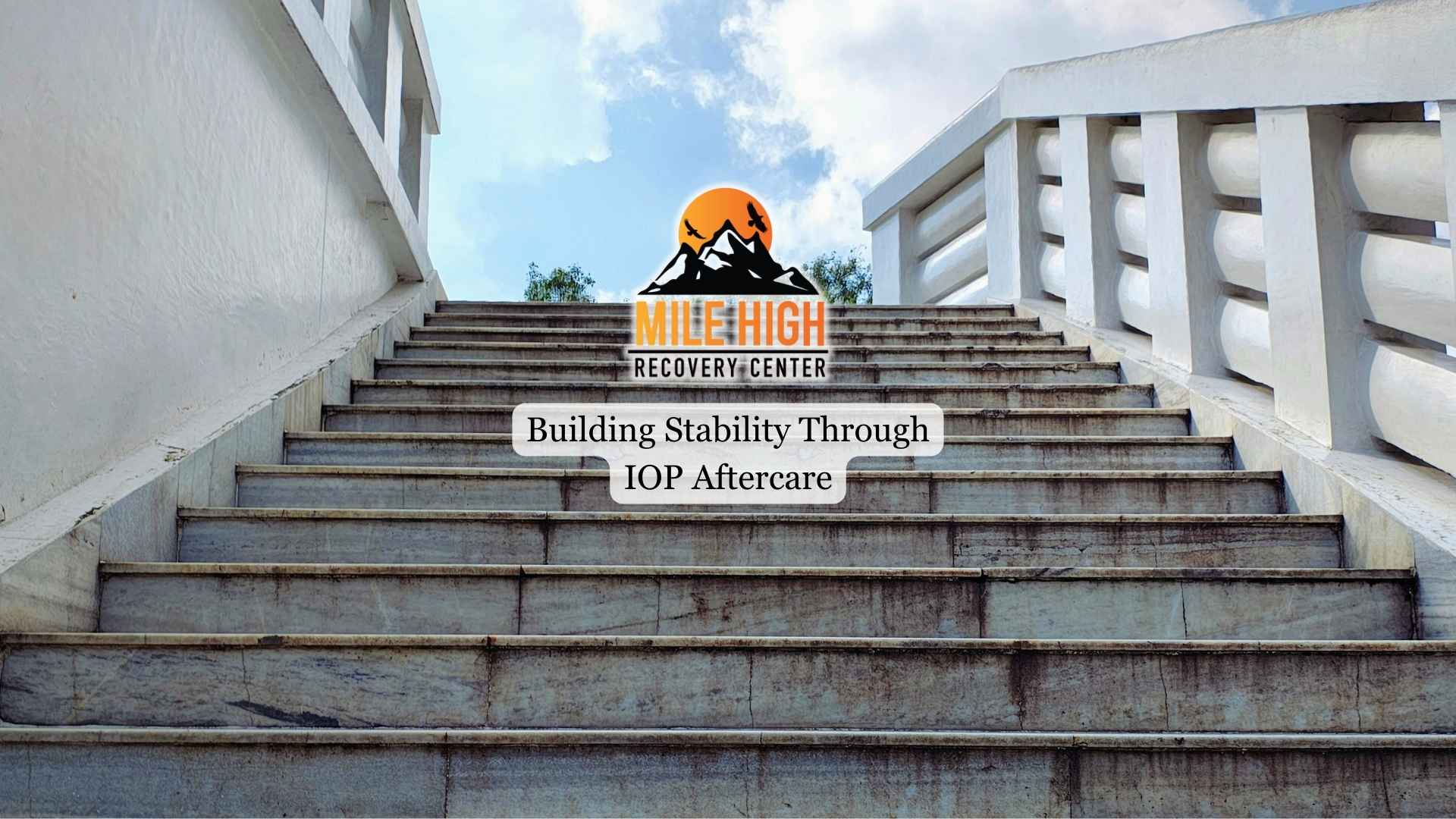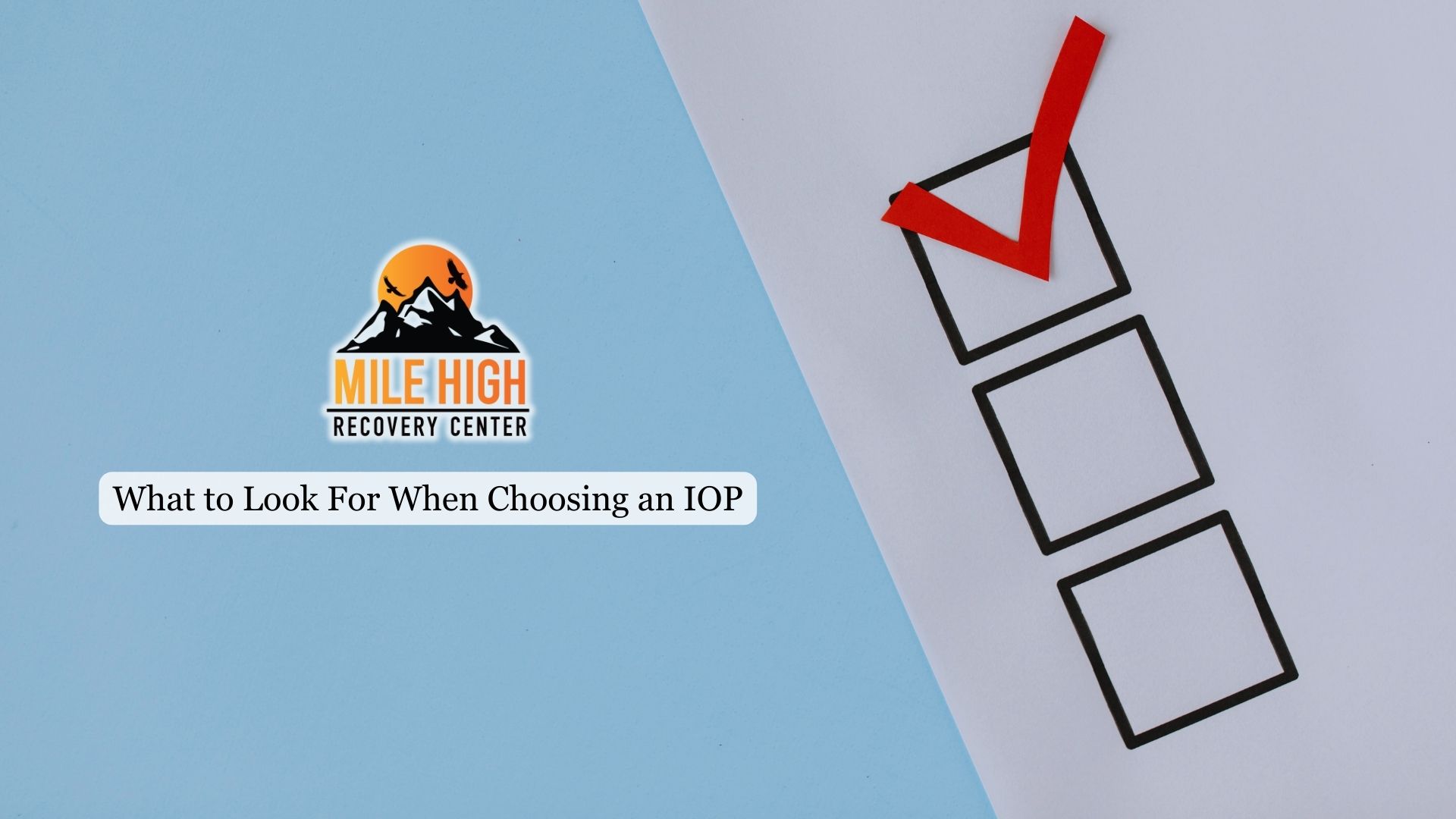The opioid crisis has created an urgent need for effective treatments, with medication-assisted treatment (MAT) playing a pivotal role in recovery. Among these, Suboxone and Vivitrol are two widely recognized options, each with distinct benefits, mechanisms, and treatment paths.
Understanding their differences can empower individuals and families to make informed choices on their road to recovery. This article breaks down how these two medications work, their pros and cons, and how to decide which might be right for you or your loved one.

Understanding Suboxone
Suboxone is a combination of buprenorphine, a partial opioid agonist, and naloxone, an opioid antagonist included to deter misuse. Buprenorphine in Suboxone binds to opioid receptors in the brain, reducing withdrawal symptoms and opioid cravings without producing the full euphoric effects associated with opioids. Naloxone becomes active if the medication is injected, preventing the high and discouraging misuse.
Suboxone is a prescription medication typically taken once daily as a film or tablet placed under the tongue. It is part of a broader medication-assisted treatment plan that often includes counseling and behavioral therapies. Because it can be taken shortly after withdrawal begins, it is more accessible for individuals seeking immediate relief from opioid withdrawal symptoms.
Understanding Vivitrol
Vivitrol contains naltrexone, a long-acting opioid antagonist that blocks opioid receptors. Unlike Suboxone, it doesn’t stimulate the receptors. Instead, it prevents opioids from producing their typical effects. This makes it effective in blocking the effects of opioids and reducing the risk of relapse.
Vivitrol is an injectable medication administered monthly by a healthcare provider. It is also approved for the treatment of alcohol use disorder, making it a dual-purpose medication for those with co-occurring alcohol dependence and opioid use disorder. This drug was approved in April 2006 for the treatment of both conditions and is often chosen by individuals looking for a non-opioid-based treatment option.
If you or someone you know is considering this type of medication for opioid addiction recovery, our Vivitrol rehab program in Denver combines monthly dosing with personalized therapies and compassionate care, helping reduce cravings and support lasting recovery in a safe, stigma-free environment.
Initiation Protocols and Eligibility Requirements
Suboxone may be started while the patient is still experiencing withdrawal symptoms, making it more flexible for early intervention. It is commonly used in detox and treatment centers as a first step in managing opioid dependence.
On the other hand, Vivitrol requires the patient to be fully detoxed, typically 7 to 10 days opioid-free, before the first shot is administered. Failing to meet this requirement can lead to severe withdrawal symptoms due to its antagonistic nature. This prerequisite limits its immediate use and demands greater preparation before initiation.
Comparing Suboxone and Vivitrol: Mechanisms and Outcomes
Though both medications are used in the treatment of opioid addiction, they operate differently. Suboxone contains buprenorphine, which partially activates opioid receptors, managing cravings and opioid withdrawal symptoms without producing intense highs. In contrast, Vivitrol blocks opioid receptors altogether, preventing any opioid from binding.
When comparing outcomes, both medications have shown effectiveness in reducing opioid use and preventing relapse. However, success often depends on the patient’s commitment, the presence of an intense treatment program, and access to mental health services administration. Clinical studies have found that Suboxone and Vivitrol are two equally viable options when paired with structured therapy and long-term support.

Side Effects, Safety, and Risk Factors
Suboxone may lead to headaches, nausea, drowsiness, constipation, and, in some cases, dependency if not taken as prescribed. Because buprenorphine is a partial opioid, it carries a potential for misuse, particularly when not monitored. Patients must follow dosing guidelines carefully, as taking too much or mixing Suboxone with other substances can increase risks.
Vivitrol, on the other hand, may cause pain or irritation at the injection site, anxiety, fatigue, or liver-related issues. One significant risk is the loss of opioid tolerance. If a person relapses after stopping treatment, they are more vulnerable to overdose—even at lower opioid doses they previously tolerated.
Cost, Access, and Mode of Administration
Suboxone is typically more affordable and widely accessible. It can be prescribed in outpatient settings and taken at home, offering convenience for patients in long-term recovery. However, it must be taken daily, which can pose challenges in adherence.
In contrast, Vivitrol is administered as an injection once a month at a clinic or treatment center, reducing the need for daily compliance. However, it is the most expensive among the common medications used in the treatment of opioid use disorder. Cost and limited insurance coverage may restrict access for some patients.
Can Suboxone and Vivitrol Be Used Together?
While both medications target opioid addiction, they are not used simultaneously. However, it is possible to transition from Suboxone to Vivitrol. This typically involves tapering off Suboxone, undergoing detox, and then initiating extended-release naltrexone. This strategy may benefit patients who want to move away from opioid-based medications while continuing treatment.
Choosing the Right Medication: Factors to Consider
When deciding between Vivitrol and Suboxone, several factors come into play:
- readiness for detox
- access to healthcare services
- lifestyle
- risk of misuse
- potential co-occurring conditions like alcohol use disorder
Individuals who want an opioid-free medication may prefer Vivitrol, while those needing immediate relief from opioid cravings and withdrawal might opt for Suboxone.
Choosing the right medication is a crucial step toward recovery, but professional guidance can make all the difference. Our specialized opioid addiction treatment program in Denver offers personalized plans combining medication, counseling, and ongoing support to help you or your loved one achieve lasting recovery.
Consulting with professionals at a treatment center can help build a tailored treatment plan that includes counseling and behavioral therapies, support from licensed providers, and access to long-term addiction treatment.
Final Thoughts from Mile High Recovery Center
Suboxone and Vivitrol each play a unique role in treating opioid use disorder, and the right choice depends on individual needs and recovery goals. At Mile High Recovery Center in Denver, our opioid treatment programs combine medical expertise, trauma-informed care, and holistic support to guide clients through every stage of healing. Whether using Suboxone, Vivitrol, or other evidence-based methods, we provide a compassionate, stigma-free space for lasting recovery and renewed independence.







